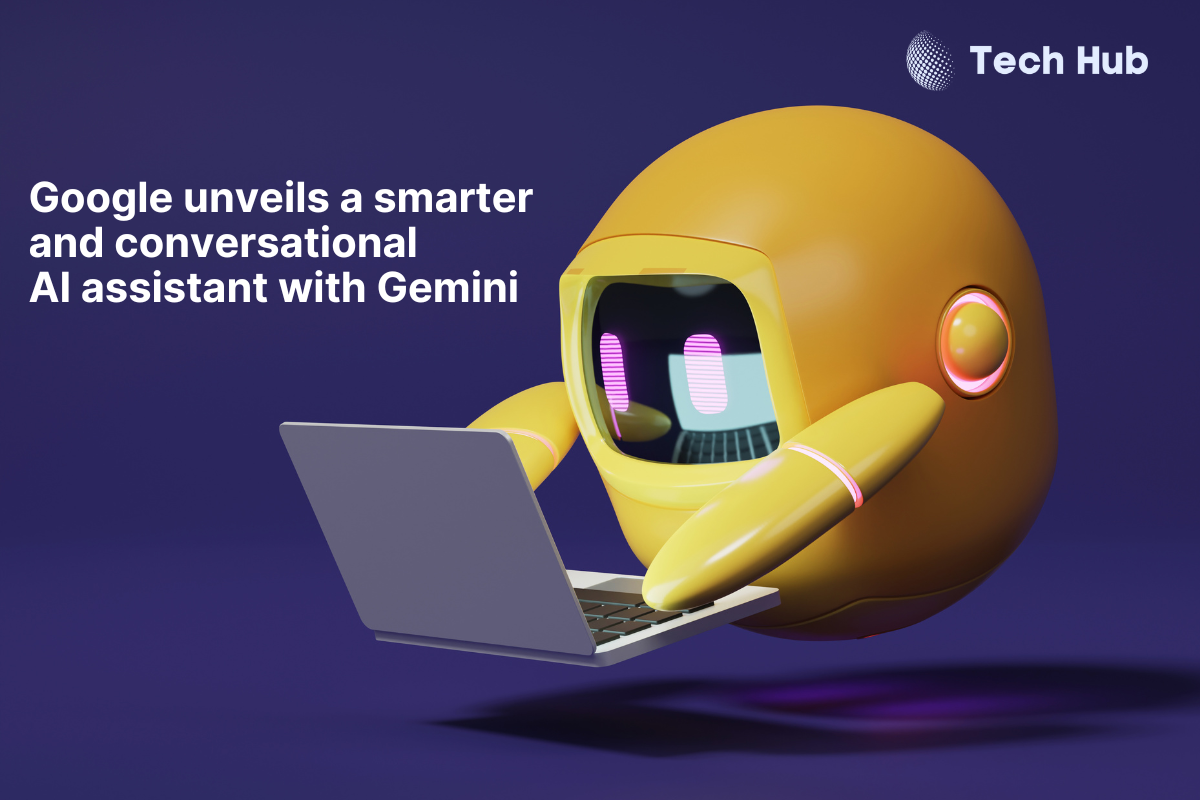
Google just introduced its next-generation AI assistant, called “Gemini,” which will replace the familiar Google Assistant in the newest Android beta version. Gemini, marketed as more than simply a voice command tool, offers expanded conversational skills by using the power of Google’s most powerful AI models. This decision represents a significant shift in Google’s approach to AI assistants, which now prioritizes natural language understanding and deeper user involvement.
“Gemini represents a fundamental step forward in our vision for AI assistants,” said Sundar Pichai, CEO of Google and Alphabet, during the launch event. “It goes beyond simple commands and tasks, engaging in meaningful conversations that feel natural and intuitive.”
Smarter Conversations:
Gemini’s main strength is its capacity to absorb and comprehend complicated linguistic patterns while simulating human conversation dynamics. Users may have open-ended conversations, ask follow-up questions, and receive contextually appropriate replies. This is a change from the structured, command-based interactions seen in earlier AI assistants.
Unlocking the Power of Bard:
Gemini takes advantage of Google’s huge language model, Bard, which is recognized for its excellent text production and comprehension skills. This also enables Gemini to access and interpret massive volumes of data, resulting in detailed and nuanced solutions to even open-ended questions.
While it is exclusively available on Android devices as of now, Google’s objectives for accessibility are wide. Gemini is likely to be integrated into iOS and other platforms soon, offering a direct challenge to leading players such as Apple Siri and Amazon Alexa.
Industry Implications:
According to experts, Gemini represents a big leap in the AI assistant market. The emphasis on natural language processing and conversational AI may redefine user expectations and spur more innovation in the field.
“This marks a shift towards AI assistants that understand context and nuance, mimicking human interaction more closely,” said Dr. Anna Jones, a top AI researcher at MIT. “The potential implications for education, customer service, and even healthcare are significant.”
Challenges and Concerns:
While the capabilities of Gemini are impressive, there is still some scope for concern. Critics point to possible biases in AI models, the need for strong privacy measures, and the ethical implications of more advanced AI interactions.
Google’s Gemini sets a new benchmark for AI helpers by valuing actual communication above basic orders. It remains to be seen how rivals will react and if users would accept this new paradigm. However, one thing is certain: the landscape of AI assistants is fast changing, and Gemini represents a big step toward a future in which our digital companions understand us better than ever.
